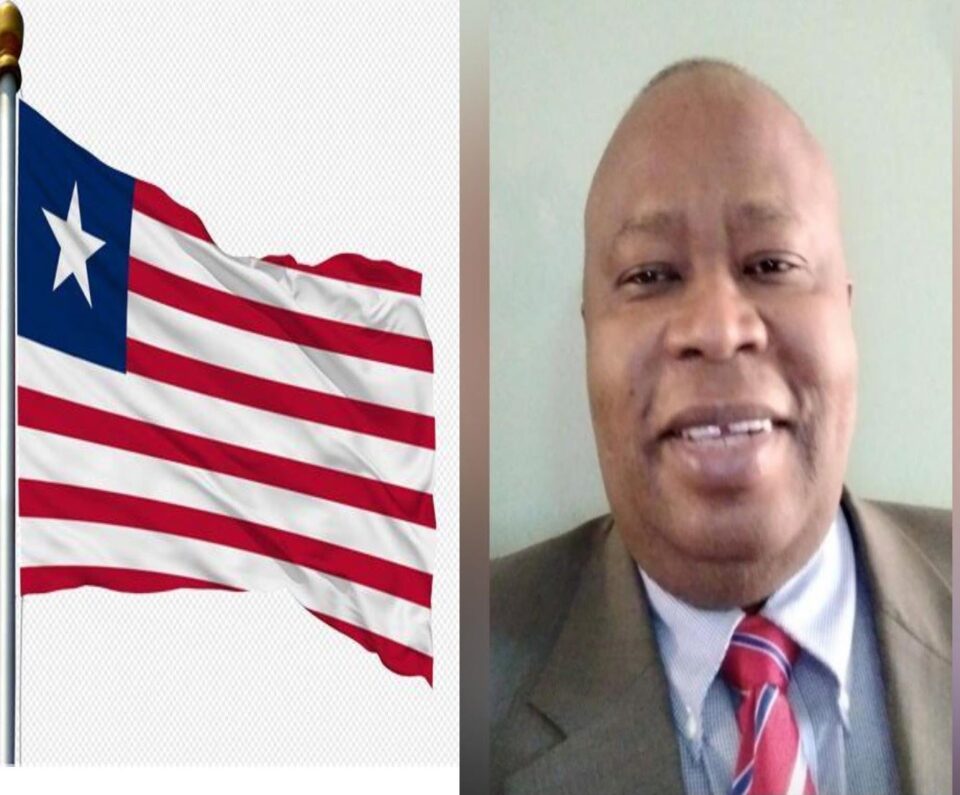Happy July 26, 2024, My Fellow Liberians
By Austin S Fallah – A True Patriotic and Nationalist of Liberia and Plant Earth
In the annals of Liberian history, 177 years stand as a testament to the resilience of a nation that has grappled with the throes of mismanagement, corruption, human rights abuses, and underdevelopment.
This historical backdrop poignantly underscores a nation whose priorities were often misplaced, with superficial elegance often overshadowing the pressing needs of national interest.
As we approach the turn of the two-century mark in Liberia’s narrative and move closer to the middle of the 21st century, a crucial opportunity beckons to redirect the future toward national development that truly serves the Liberian people.
Let the past two centuries not be viewed as years squandered but as a platform of profound lessons from which Liberians can leap toward progress.
The pursuit of national interest must pivot from a display of grandiosity to the substantive edifice of unity, healing, and empowerment.
Among those in dire need of such empowerment are the Liberian youths, the torchbearers of tomorrow.
Their educational enrichment today lays the foundation for engaging effectively with peers regionally, continentally, and internationally.
Without this, they remain ill-equipped to compete or contribute meaningfully to the global dialogue.
The educational impoverishment of Liberian youths reflects a systemic inadequacy, one that perpetuates the cycles of underdevelopment.
This scene begs an unwavering commitment to education as the cornerstone of national revival, indeed, a veritable matter of urgency if Liberia is to extricate itself from its current quagmire.
As we consider the overarching theme of national development, we must confront the stark reality.
Liberian youths are lagging.
Education, which ought to be the engine of progress and a national priority, has been relegated to a secondary concern, overshadowed by the allure of ephemeral elegance.
While palatial edifices and ostentatious displays may provide fleeting gratification, they contribute not an iota to the intrinsic growth of a nation.
On the contrary, it is through the diligent pursuit of knowledge that a society can break free from the shackles of stagnation.
Underpinning every successful democracy is the informed engagement and participation of its citizenry.
Liberia can ill-afford to neglect the intellectual cultivation of its young population.
When youths are versed in critical thought, endowed with practical skills, and equipped with a robust understanding of their civic duties, they transform into potent catalysts for change.
The international landscape has evolved into an exceedingly competitive and interconnected realm.
To thrive within this context, Liberian youths must ascend beyond mere literacy to mastery to command an array of disciplines that today’s dynamic global economy demands.
The zeitgeist of our age is innovation and knowledge-driven development.
Diversity and intellectualism in technology, science, and globalization are shaping an unprecedented narrative where intellect and versatility are the currencies of power.
A nation that fails to adapt, to imbue its youths with such currencies, forsakes its place at the table where the fate of countries is determined.
To empower Liberian youths educationally is to invest in the nation’s sovereign future, ensuring its place and voice in the international community.
What, then, does this mean for Liberia?
It demands the establishment of robust, egalitarian, and sustainable educational institutions that can withstand the winds of political change.
These institutions must cater to the vast potential of every Liberian child, irrespective of socioeconomic status.
Curricula need to be enriched with not only traditional subjects but also vocational and technical training that bridges the gap between academia and the realities of the labor market.
Critical thinking, problem-solving, and creativity should be the pillars upon which education in Liberia stands.
National development is an inclusive concept, transcending mere economic growth to encompass the improvement of social, cultural, and political institutions.
An educated populace is more likely to demand transparency, hold leaders accountable, and participate in democratic processes.
By prioritizing education, Liberia takes a stand against the systemic corruption that has, for too long, undermined its advancement.
An enlightened society is an empowered society, one less susceptible to the pitfalls of mismanagement and more resilient against the tides of despotism.
National healing and unity, summoned to the forefront of Liberia’s recovery, can only be realized when all sectors of society share a common platform of understanding and collaboration.
Education serves as the great equalizer in this regard, fostering dialogue, nurturing empathy, and breaking down barriers that historically have divided communities.
As Liberia stands at the crossroads of its storied history, it must shun the allure of immediate gratification through displays of elegance.
The government and stakeholders at every level of society must prioritize policies and investments that fundamentally alter the educational landscape.
With sustained effort and unwavering commitment, education can be the driving force that propels Liberia out of the shadows of its troubled past into the light of a transformative future.
Liberian youths are poised on the precipice of this future, eager, capable, and yearning for opportunity.
It is incumbent upon today’s leaders to impart the torch of enlightenment into their hands.
Encoding the importance of education within the national ethos is not just a choice but a nonnegotiable mandate for the well-being of the country.
For Liberia to ascend from its present imbroglio, education must be reified as the singular prerogative of progress.
Let the remaining 13 years of the two centuries etch a different narrative.
A narrative that rejects superficiality in favor of substance, a narrative where national development is inexorably interwoven with the educational triumphs of youthful progeny.
This is the Liberia that can stand tall in the assembly of nations, a Liberia renewed, revitalized, and ready to claim its destiny.

